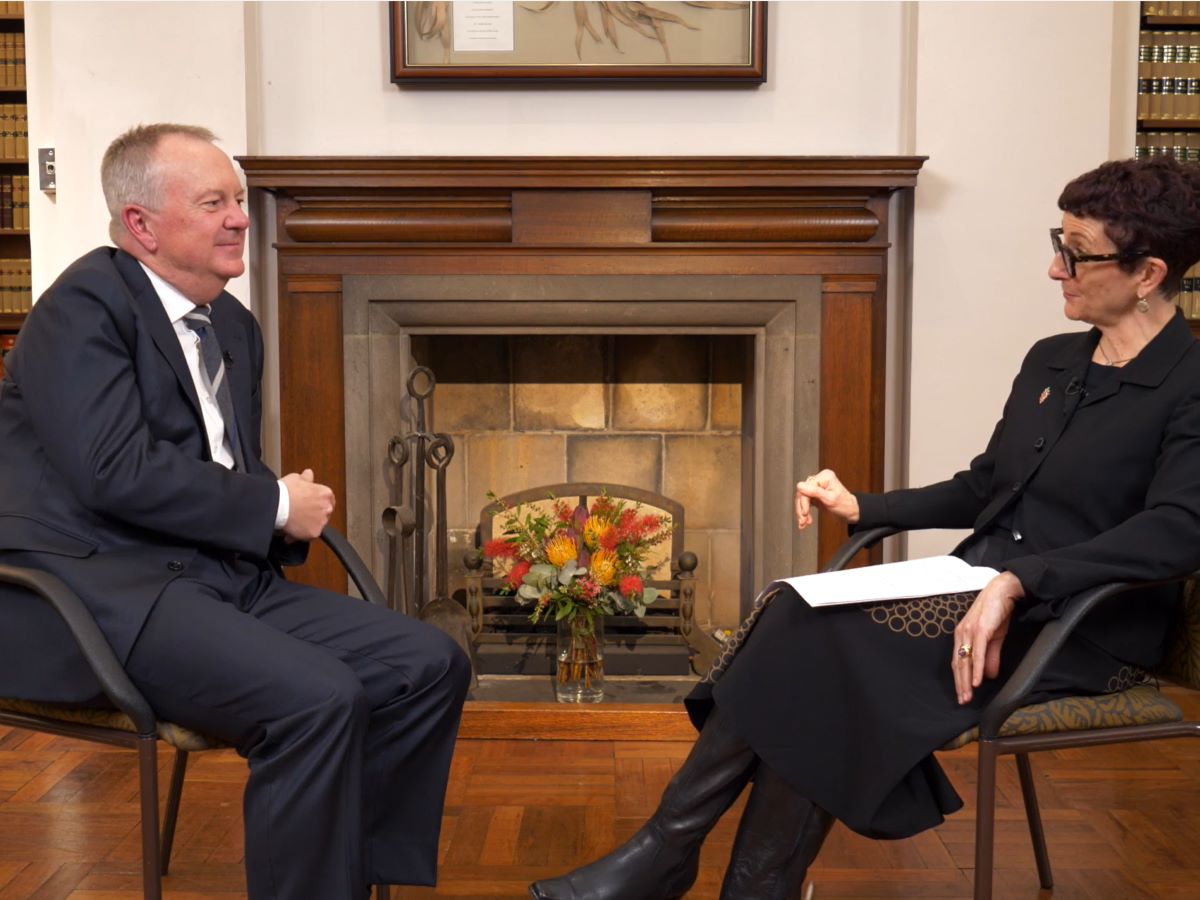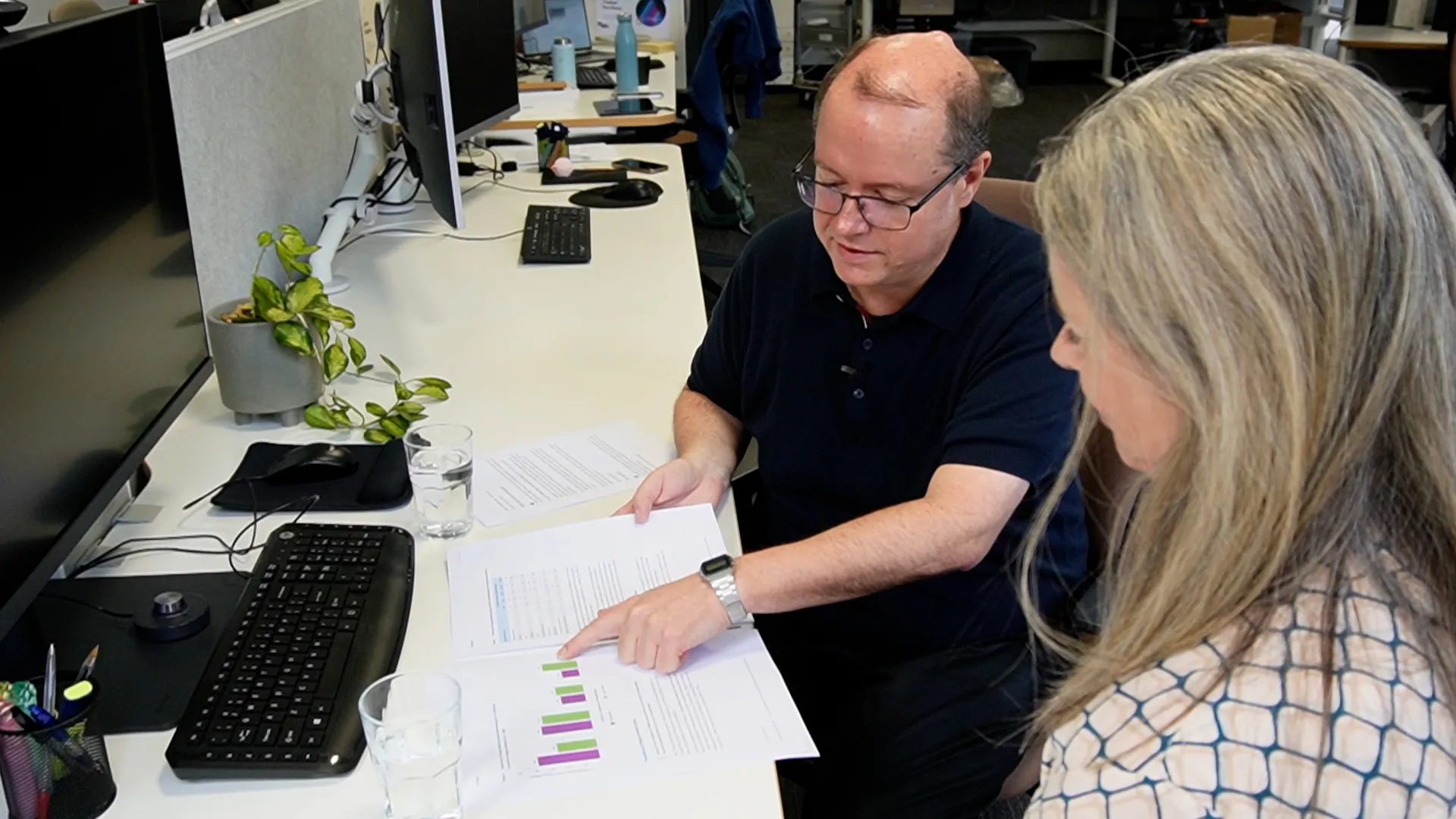PULS speeding up
We have been working hard to get our Public Understanding of Law Survey (PULS) ready to go into the field.

We have been working hard to get our Public Understanding of Law Survey (PULS) ready to go into the field. The questionnaire is all ready for piloting and with the further easing of public health restrictions, we should be speaking face-to-face to 100 pilot respondents in five different areas in Victoria very soon. Piloting provides an opportunity to rehearse the PULS research process in actual field conditions. It is a final opportunity to ensure everything works as well as possible before speaking to our main sample of 6,000 respondents across Victoria.
We thought some of you might wonder why we were speaking to so many respondents, why we are so keen on face-to-face interviewing, and while we hope it doesn’t happen, what impact further COVID-related public health restrictions could have on our approach.
Why 6,000 respondents?
Particularly when we look at everyday legal problems, numbers of respondents need to be high enough for us to capture enough problems to be able to talk about them with confidence. This is particularly the case for rarer problem types or where we are looking at less common social and demographic groups. Without significant numbers of respondents, you are limited in the analyses you can conduct and the conclusions you can draw. We could have interviewed more or less, but 6,000 allows us to conduct a wide range of analyses, including some involving less common problems or specific demographic groups, while maintaining value-for-money.
Why face-to-face?
Face-to-face surveys are generally considered the “gold standard” for a survey like this as they yield higher quality data. There are several reasons for this. The presence of an interviewer can help engage respondents, they tend to encourage higher response rates, and the face-to-face aspect of the interview allows for longer or more complex questionnaires.
What would happen if there was another COVID-19 outbreak?
Even if there are further significant COVID-19 outbreaks and associated public health restrictions, the PULS will go ahead. We are actively exploring a range of contingency plans, but for most short-term restrictions we would simply pause fieldwork and restart when safe to do so. Roy Morgan, who are conducting the PULS fieldwork, also have comprehensive COVID-safe practices in place. If there were a more significant outbreak and prolonged restrictions, we also have more extensive contingency plans in place, such as conducting the interviews by telephone.
Professor Nigel J. Balmer, Research Director
Publications
Subscribe to our Newsletter
Courts, Community and Confidence
Join Chief Justice Richard Niall a for a recorded conversation about the law’s role in our community and the challenges shaping justice today.


